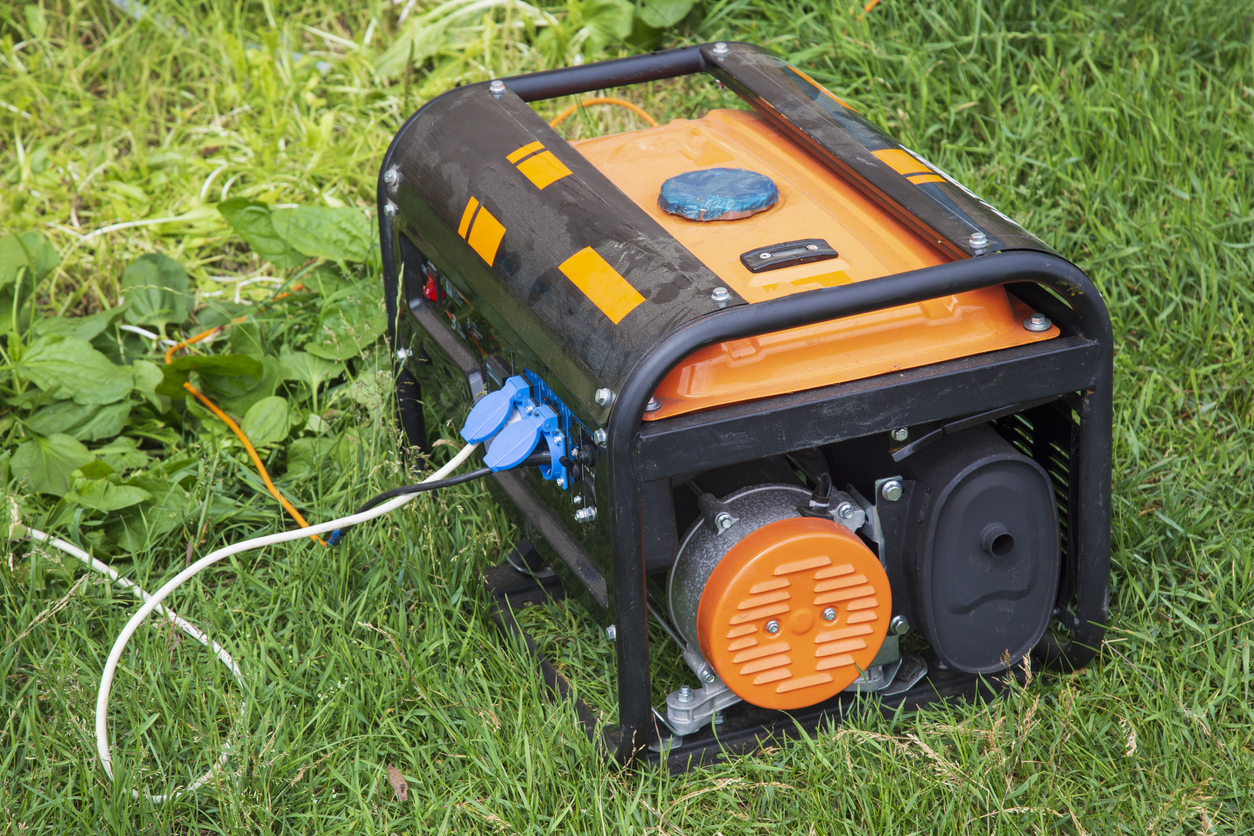Small Generator Prices in Nigeria: What You Need to Know
In Nigeria, where power outages are a common occurrence, small generators have become an essential household and business tool. These generators provide a reliable backup power source, ensuring that essential devices and appliances can continue to operate during power cuts. If you’re considering purchasing a small generator, it’s important to understand the current market prices and the factors that influence them. This article provides an overview of small generator prices in Nigeria and offers tips on selecting the right generator for your needs.
Current Prices of Small Generators in Nigeria
The price of a small generator in Nigeria can vary widely depending on the brand, power capacity, and features. As of the most recent data, here is a general price range for small generators in Nigeria:
- Entry-Level Generators (0.8 kVA to 1.5 kVA): ₦40,000 to ₦80,000
- Mid-Range Generators (2 kVA to 3.5 kVA): ₦80,000 to ₦150,000
- Higher-End Small Generators (4 kVA to 5 kVA): ₦150,000 to ₦250,000
These prices are subject to change based on factors such as exchange rates, availability, and demand. It’s always a good idea to compare prices from multiple dealers to ensure you’re getting the best deal.
Factors Influencing Small Generator Prices
1. Brand and Quality
- Reputation: Well-known brands like Honda, Sumec Firman, and Elepaq generally have higher prices due to their reputation for durability and reliability. These brands often come with longer warranties and better after-sales support.
- Build Quality: Generators with higher-quality components, better fuel efficiency, and longer engine life are typically more expensive but offer greater value in the long term.
2. Power Capacity
- Wattage: The power output, measured in kilovolt-amperes (kVA) or watts, directly impacts the price. Generators with higher wattage can power more or larger appliances, and as a result, they are more expensive.
- Intended Use: If you only need to power a few small devices, a lower-capacity generator (0.8 kVA to 1.5 kVA) may suffice. However, for larger loads like refrigerators, air conditioners, or multiple electronics, a higher-capacity generator (2 kVA to 5 kVA) would be necessary, which comes at a higher price.
3. Fuel Type
- Petrol Generators: Most small generators in Nigeria run on petrol. These are generally more affordable but may have higher operating costs due to fuel consumption.
- Diesel Generators: Diesel-powered small generators are typically more fuel-efficient and durable but are also more expensive upfront.
4. Additional Features
- Electric Start: Generators with an electric start feature are more convenient to operate and are priced higher than those with manual pull-start mechanisms.
- Noise Reduction: Generators equipped with noise reduction technology or insulated enclosures to minimize operational noise tend to be more expensive.
- Portability: Compact and lightweight models designed for easy transportation often command higher prices due to their convenience.
5. Availability and Importation Costs
- Import Duties and Taxes: Imported generators may be subject to duties and taxes, which can increase the overall cost.
- Exchange Rates: Fluctuations in the Naira’s exchange rate against foreign currencies can affect the price of imported generators, leading to price variations.
Tips for Buying a Small Generator in Nigeria
1. Assess Your Power Needs
- Identify Essential Appliances: Determine which appliances and devices you need to power during an outage and calculate their total wattage. This will help you choose a generator with the appropriate capacity.
- Consider Future Needs: If you anticipate needing more power in the future, it may be wise to invest in a slightly higher-capacity generator.
2. Compare Brands and Models
- Research: Look into different brands and models, focusing on customer reviews, reliability, and after-sales support. Compare features and prices to find the best value for your budget.
- Warranty and Support: Check the warranty period and the availability of spare parts and service centers for the brand you are considering.
3. Consider Fuel Efficiency
- Fuel Consumption: Choose a generator that offers good fuel efficiency to reduce ongoing operating costs. Consider models that have an eco-mode or variable throttle feature to save fuel.
4. Purchase from Reputable Dealers
- Authorized Dealers: Buy from authorized dealers or reputable retailers to ensure you’re getting a genuine product with valid warranty coverage.
- Price Negotiation: Don’t hesitate to negotiate the price or ask for discounts, especially if you’re purchasing during a promotion or in bulk.
Conclusion
Small generators are an essential investment for households and businesses in Nigeria, providing a reliable power backup solution during frequent outages. Understanding the factors that influence generator prices and carefully assessing your power needs will help you choose the right generator that fits your budget and requirements.
At Wigmore Trading, we offer a wide range of small generators suited to various needs and budgets. Our team of experts is here to help you find the best generator to keep your operations running smoothly.
Get in Touch:
Looking for a reliable small generator in Nigeria? Contact Wigmore Trading today for expert advice and competitive pricing. Visit our website, email, or call us to explore our selection of generators and find the perfect match for your needs.








Comments are closed.